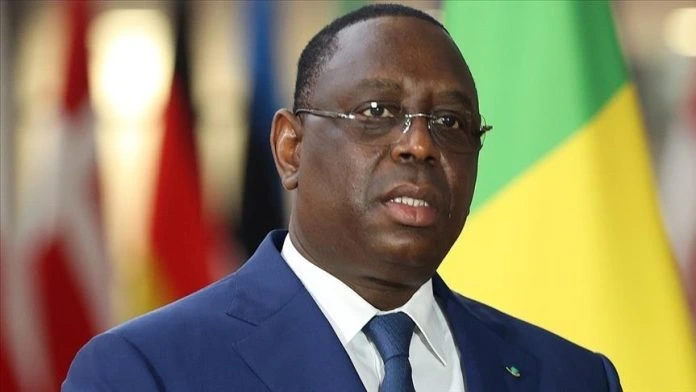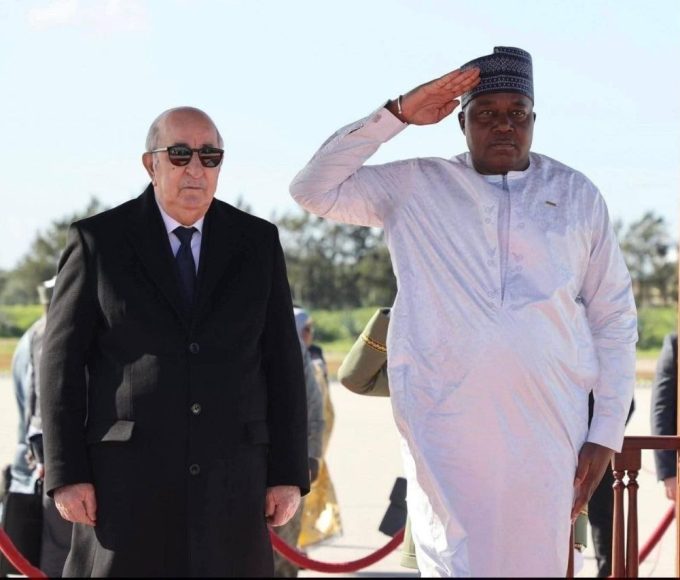
Senegal: Macky Sall Renounces Seat in Parliament After Ruling Party Secures Majority

The former President of Senegal Macky Sall, elected as a Member of Parliament in the early legislative elections held on November 17, 2024, has announced he will not take his seat in the National Assembly.
“In accordance with the commitment I made on this subject, I will resign from my mandate as deputy at the opening of the next legislature, so that the legal consequences can be drawn,” Sall stated in a press release shared on X on Friday.
“I also reiterate my congratulations to the Senegalese people for their unwavering commitment to the democratic tradition of our country and to the values of peace and stability that underpin our living together. It is in the spirit of this democratic vitality and the values that underpin it that I agreed to lead the list of the Takku Wallu Senegal coalition,” he added.
The Takku Wallu Senegal coalition, led by Sall during the elections, secured second place with 531,466 votes (14.67 per cent), winning 16 seats. Sall himself ran in the proportional representation category, which secured eight of those seats.
In line with the country’s regulations, Sall will be replaced by the next male candidate on the coalition’s proportional list, following gender parity rules.
This is not the first time a former president has stepped down after being elected to parliament. In 2017, former President Abdoulaye Wade did the same after the legislative elections.
Wade led the opposition coalition “Wattu Senegaal” in the July 30 2017 legislative elections, securing 19 seats and becoming the main opposition group in the National Assembly. However, before the assembly’s first session, he announced his resignation, stating that his primary goal was to support his coalition during the elections.
Political analysts, according to Maliweb, believe Sall’s participation in the elections was aimed at limiting the ruling party’s power in parliament.
President Bassirou Diomaye Faye and Prime Minister Ousmane Sonko, both from the ruling camp, had sought a legislative majority to deliver on campaign promises, including improving accountability.
The ruling coalition won a majority with 1.9 million votes (54.9 per cent) and 130 of the 165 seats. The elections were held after parliament was dissolved on September 12.
The new parliament will hold its first session on December 2, according to a decree from President Faye.
Read More:
- NAFDAC Disputes Role in Sachet Water Destruction, Refutes Lagos Government’s Claim
- Illegal Oil Bunkering Cannot Stop in Nigeria – Investigative Journalist Fisayo Soyombo
About The Author
Related Articles
Malian Army Says Dozens of Militants Killed in Airstrikes in Segou Region
Mali’s armed forces say they have killed about twenty suspected militants during...
ByWest Africa WeeklyFebruary 19, 2026Nigeria Approves 33 New Universities While Education Quality and Jobs Remain in Crisis
Nigeria has approved 33 new universities, bringing the total number of sanctioned...
ByWest Africa WeeklyFebruary 19, 2026Gabon Suspends Social Media “Until Further Notice” Amid Rising Unrest
Gabon’s media regulator has announced the suspension of social media platforms nationwide,...
ByWest Africa WeeklyFebruary 18, 2026Niger’s Tiani Visits Algeria in Bid to Strengthen Ties and Revive Key Projects
Abdourahamane Tiani, Niger’s head of state, is on an official visit to...
ByWest Africa WeeklyFebruary 18, 2026












Leave a comment